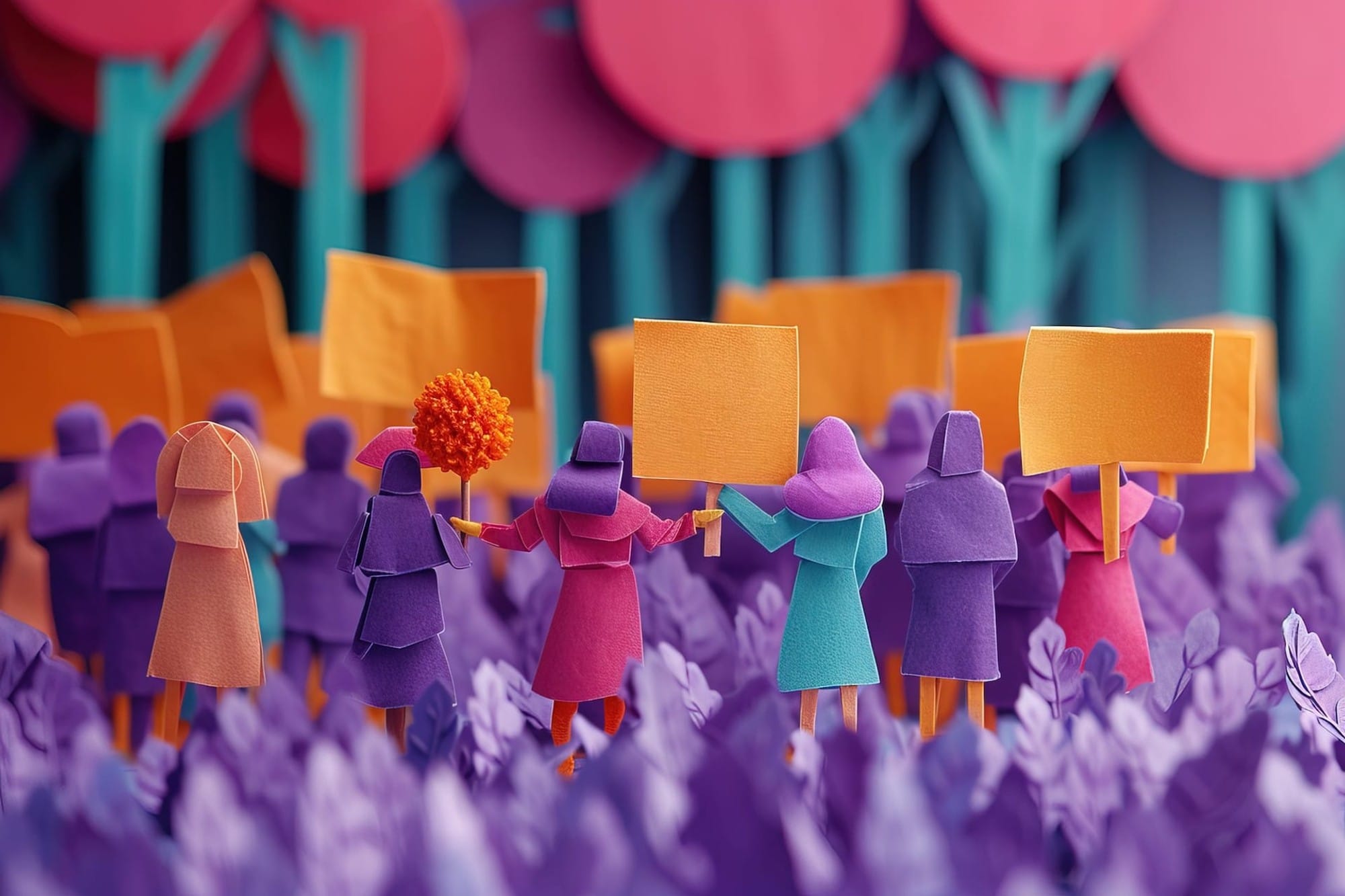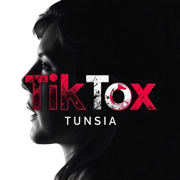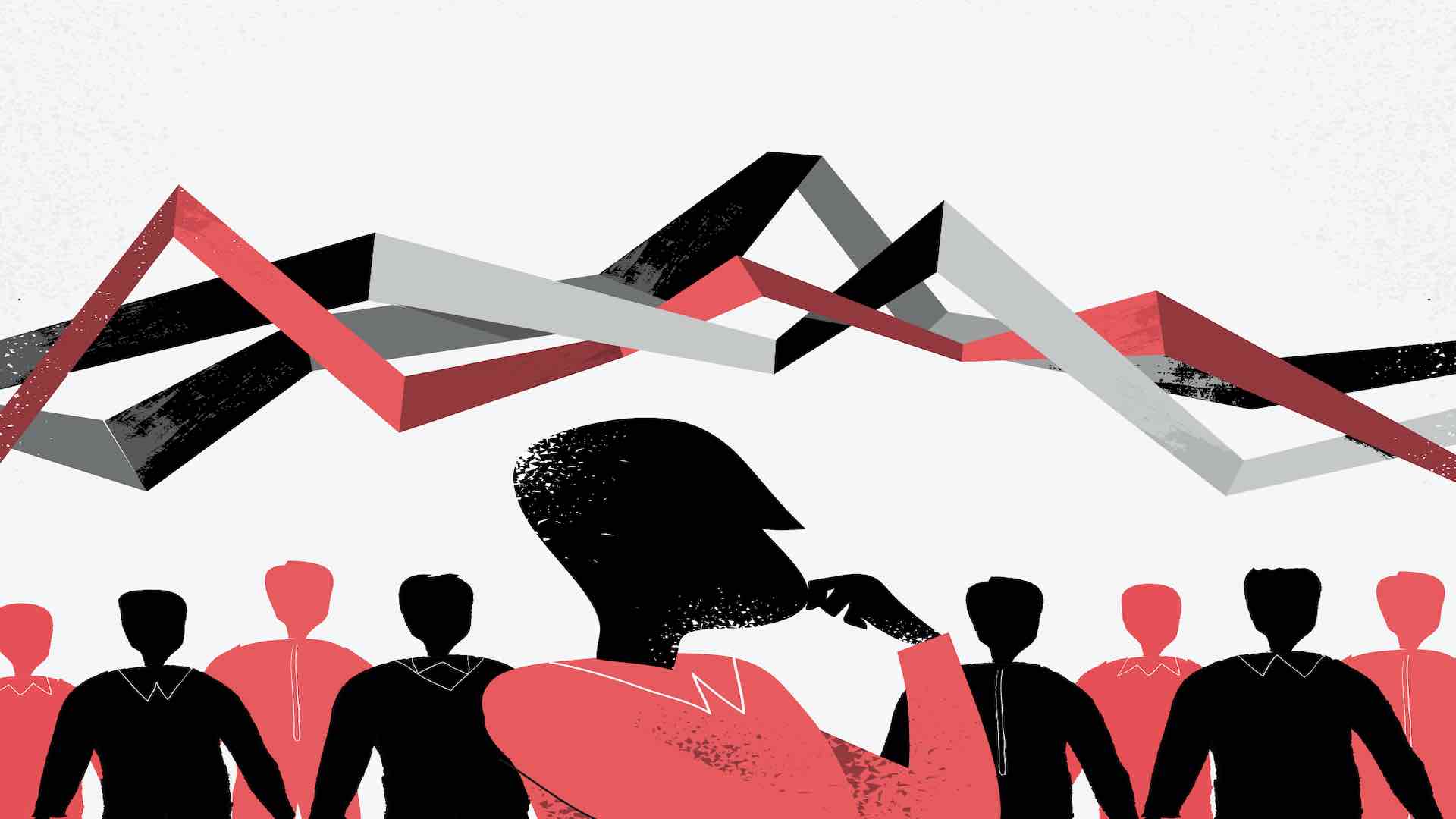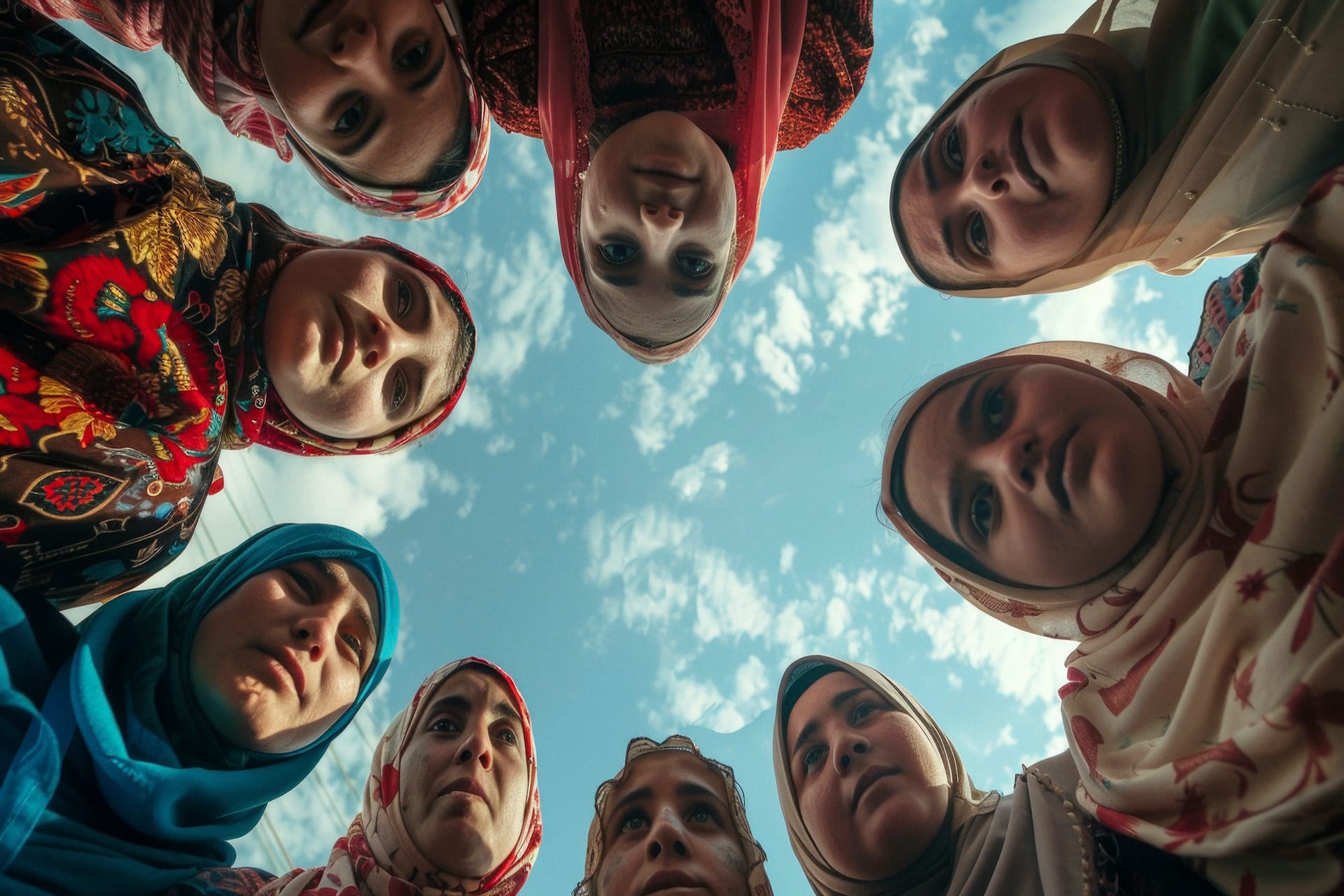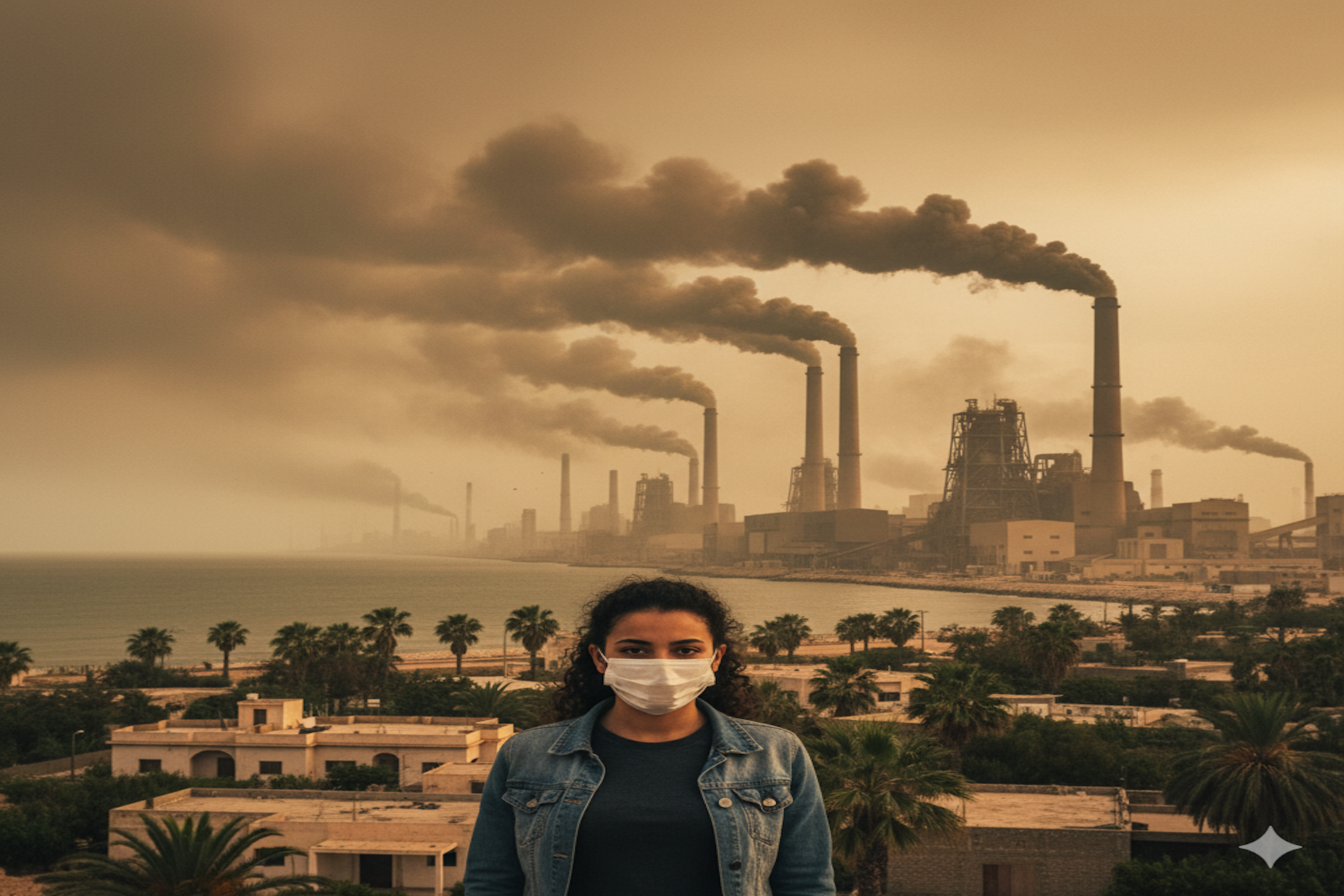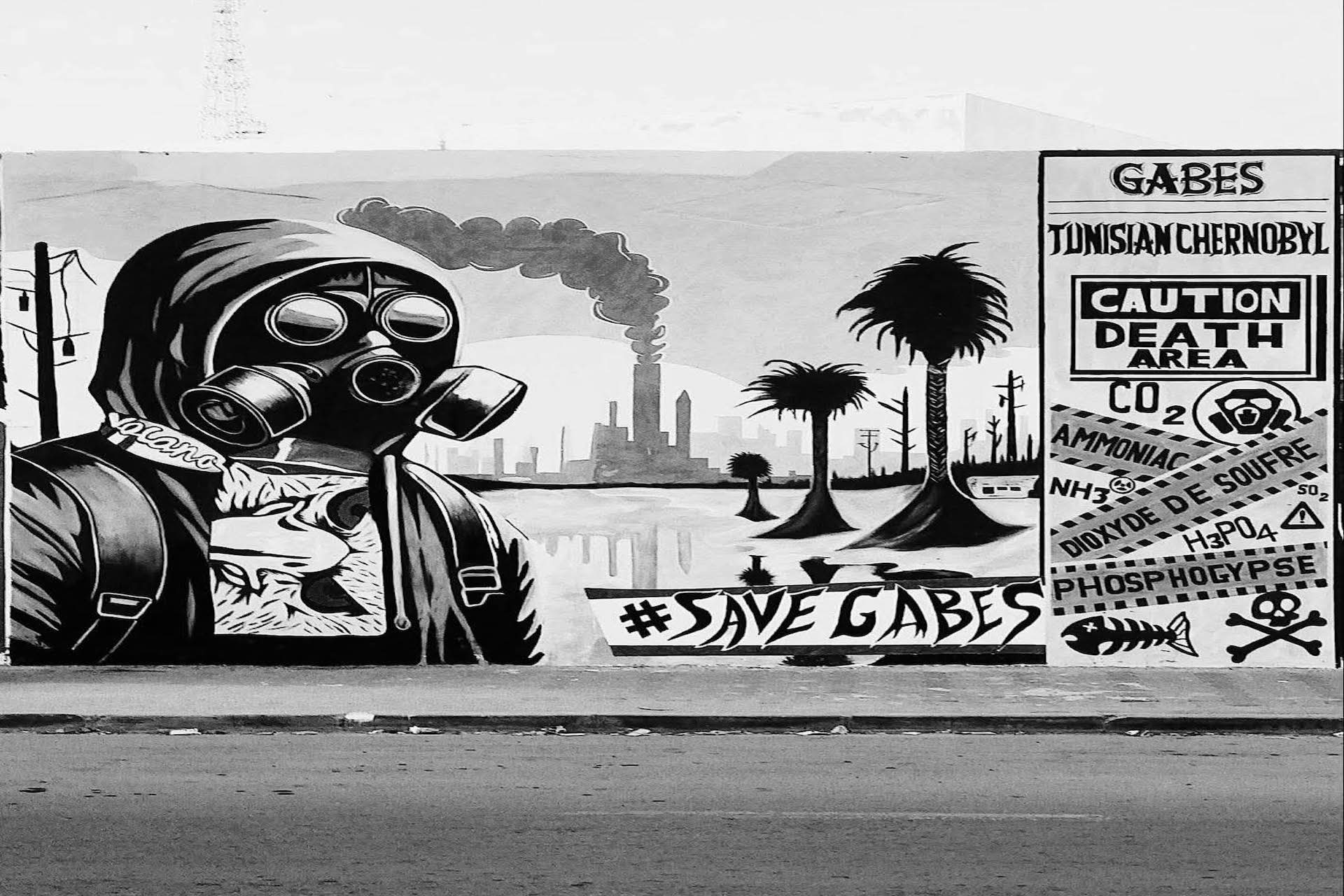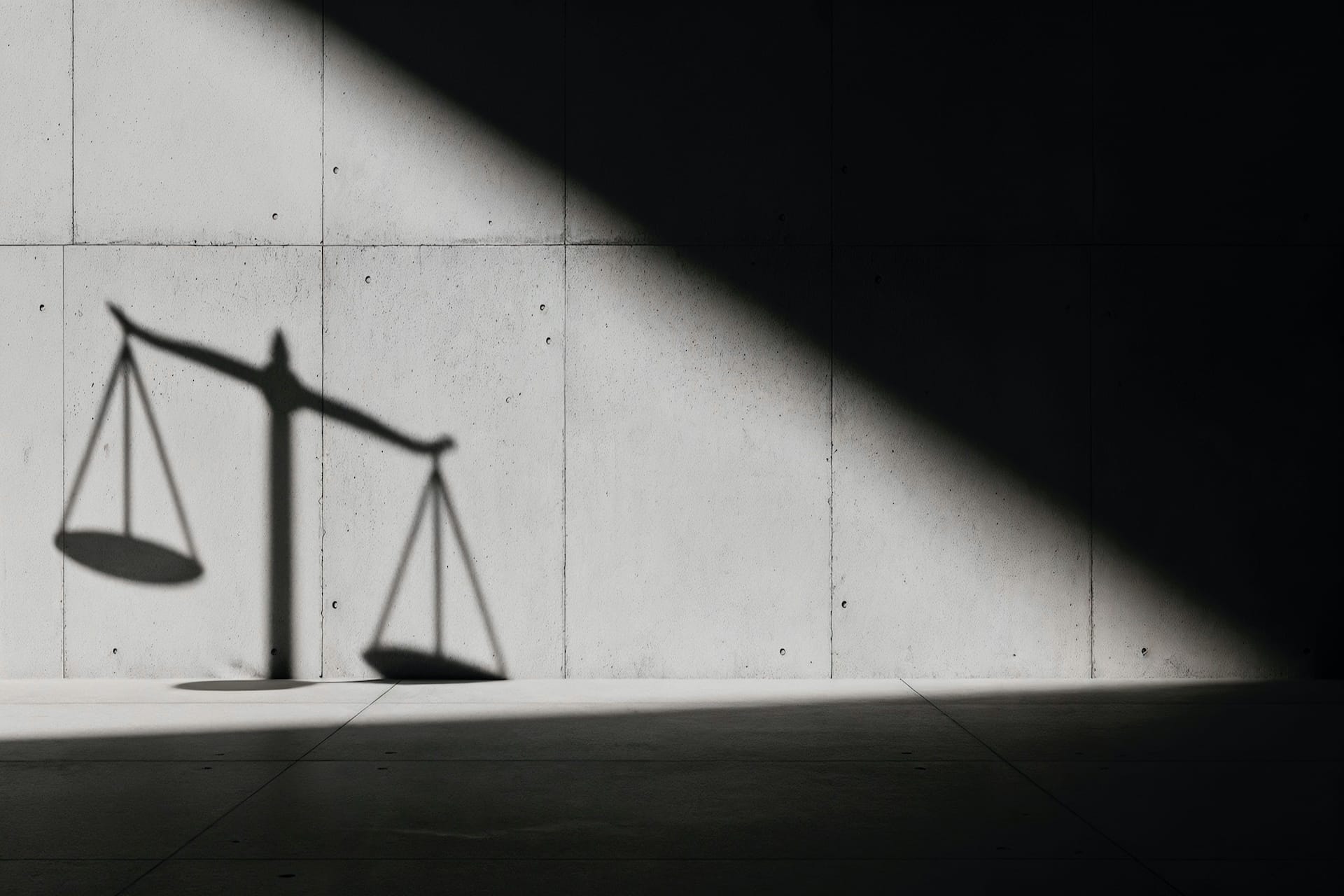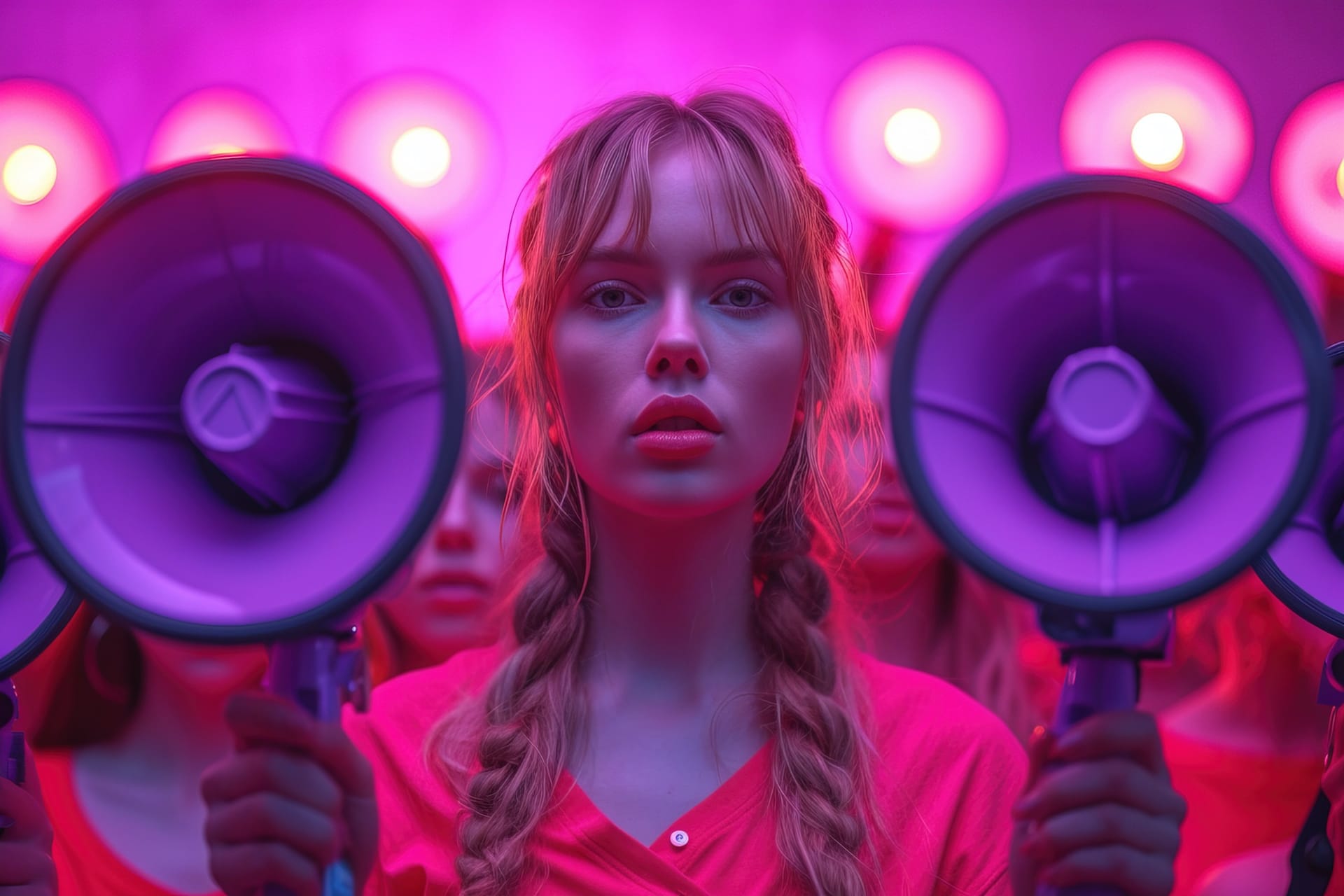TikTok’s Political Influence and Societal Impact in Tunisia
An in-depth analysis of TikTok’s political influence and societal impact in Tunisia, covering activism, regulation, and digital responsibility.
Introduction
In recent years, TikTok has emerged as more than a platform for entertainment in Tunisia. It has become a stage for political debates, activism, and social movements. With its ability to spread messages quickly through short-form videos, TikTok is influencing how Tunisians—especially the youth—perceive politics and society.
This article offers a comprehensive analysis of TikTok’s role in Tunisia, focusing on political influence, activism, regulation, risks, and opportunities for a digitally responsible future.
1. TikTok as a Political Tool
TikTok is reshaping the way politics works in Tunisia. Its influence includes:
- Grassroots Movements: Young Tunisians organize and mobilize via TikTok, bypassing traditional media.
- Political Campaigning: Politicians increasingly use TikTok to connect with younger audiences.
- Policy Awareness: Videos simplify complex issues such as elections, reforms, or labor rights.
- Alternative Narratives: Activists and independent voices challenge mainstream media narratives.
This direct and unfiltered communication reshapes Tunisia’s political culture.
2. Activism and Social Mobilization
Beyond politics, TikTok acts as a catalyst for social change:
- Protests & Demonstrations: TikTok content has helped mobilize protests by sharing real-time updates.
- Social Justice Campaigns: Topics like gender equality, climate action, and labor rights spread rapidly.
- Awareness Movements: NGOs and civil society organizations leverage TikTok to reach wider audiences.
In Tunisia, TikTok functions as a digital megaphone for marginalized voices.
3. The Risk of Misinformation and Manipulation
However, the platform comes with serious risks:
- Fake News & Disinformation: Unverified content spreads rapidly, influencing public opinion.
- Propaganda: Political actors may use TikTok to manipulate narratives.
- Deep Polarization: Content algorithms may reinforce ideological divides.
- Foreign Influence: External actors could exploit TikTok to impact Tunisian politics.
The line between legitimate activism and misinformation-driven manipulation is thin.
4. Regulatory Challenges in Tunisia
Tunisia’s legal and regulatory environment is still adapting to social media influence:
- Freedom of Expression: Constitutionally protected, but under debate in the context of online speech.
- Cybercrime Laws: Address online harassment, fake accounts, and digital fraud.
- Electoral Regulations: Political advertising on TikTok during elections is under scrutiny.
- Data Protection Concerns: Citizens’ privacy is at risk when political content goes viral.
Regulation must strike a balance between safeguarding democracy and preserving free speech.
5. Societal Impact of TikTok in Tunisia
TikTok is shaping Tunisian society in ways that extend beyond politics:
- Cultural Exchange: Videos highlight Tunisian traditions, music, and dialects.
- Youth Empowerment: Young creators amplify their voices in national debates.
- Public Opinion Shaping: Viral trends can alter discussions on governance, corruption, and reform.
- Cross-Generational Dialogue: Older audiences engage with youth-driven debates, bridging divides.
This digital ecosystem is transforming Tunisia’s civic identity.
6. Opportunities for Positive Impact
TikTok also offers opportunities for constructive engagement:
- Digital Literacy Campaigns: Teaching citizens how to identify misinformation.
- Civic Engagement: Encouraging youth participation in democratic processes.
- Partnerships with NGOs: Promoting awareness campaigns on social justice and human rights.
- Transparency in Politics: Politicians using TikTok to provide direct updates to constituents.
Harnessing TikTok responsibly can strengthen Tunisia’s democratic culture.
7. Strategies for Responsible Use
For TikTok to remain a positive force, stakeholders must act responsibly:
- For Creators: Verify facts, avoid harmful content, and promote balanced dialogue.
- For Citizens: Approach political content critically, fact-check before sharing.
- For Policymakers: Build regulations that protect both free speech and digital safety.
- For TikTok (Platform Level): Increase moderation in Tunisia, especially during elections.
Collaboration is essential to protect democracy in the digital age.
8. Case Examples in Tunisia
Real-life examples show TikTok’s influence:
- Election Campaigns: Candidates have gained visibility through TikTok, reaching audiences otherwise disengaged from politics.
- Protest Mobilization: Short clips amplified labor union protests, drawing local and international attention.
- Youth Voices: Viral educational videos about civic rights reached thousands of Tunisians.
These case studies reveal both the power and the responsibility tied to digital activism.
Conclusion
TikTok has become a powerful political and social tool in Tunisia, transforming activism, discourse, and community engagement. While the risks of misinformation and manipulation remain high, opportunities for positive impact—from youth empowerment to democratic participation—are equally strong.
A balanced approach involving creators, citizens, policymakers, and the platform itself can ensure that TikTok continues to strengthen Tunisia’s democracy and enrich its society.


